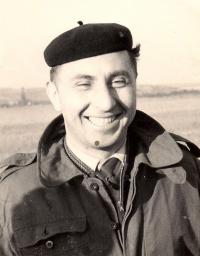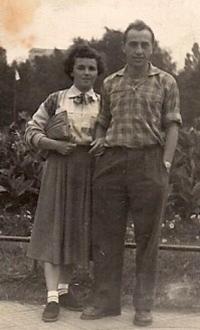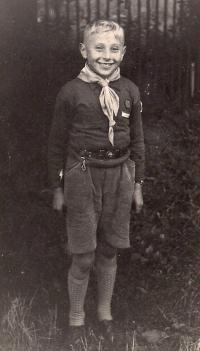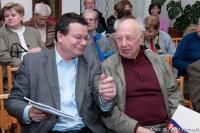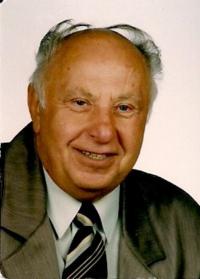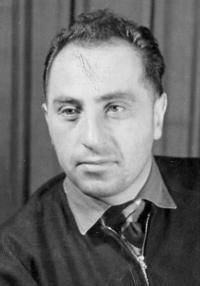Dismissed from work for “involvement with the rightist forces”

Download image
Karel Ležák was born June 18, 1928 in Horažďovice. He completed his elementary schooling in 1943 and began working as a trainee in the ČZ Strakonice factory. After finishing his training he studied the lower secondary technical school in Kladno from 1947 till 1948. In 1950 he married Eva Kotešovicová. From 1950 he was working in the state company Tatra in Slaný as a standardizer, planner, technical head of the production department, and as a deputy to the director. In 1966-1970 he worked as an external representative for Yugoslavia in the Motokov company. After the invasion of the Soviet army in August 1968 he became the leader of the coordination committee for negotiations with the occupation armies. In the ensuing period of normalization, he and his wife were dismissed from their jobs for their political opinions and they were under StB surveillance. In 1971 he began working as a clerk in the state-owned company Regional Road Administration Prague, located in Beroun, where he eventually retired in 1991. In 1994-2002 he served as the mayor’s deputy in Slaný.
